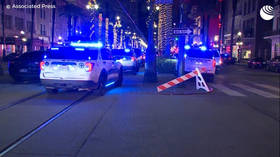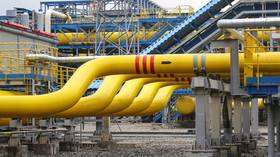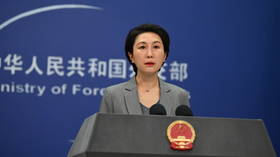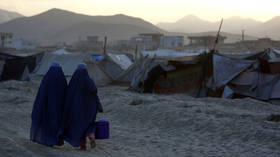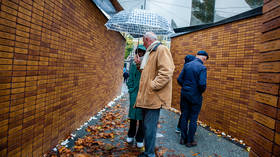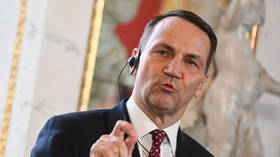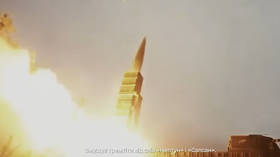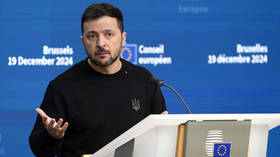Kremlin reacts to calls to bring back Stalingrad
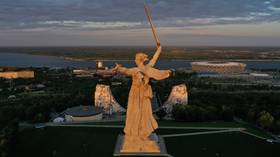
Calls to rename the Russian city of Volgograd back to Stalingrad should be treated with caution, Kremlin press secretary Dmitry Peskov said on Thursday.
The idea has been proposed by several activists ahead of the 80th anniversary of the Soviet victory in the Battle of Stalingrad, one of the key events of World War II, marked on February 2.
“There are no discussions in the administration or at the presidential level” regarding the proposed name change, Peskov told journalists on Thursday.
The spokesman referred to a recent survey by state-run pollster VTSIOM, showing most locals “didn’t share the opinion” that their city should be called Stalingrad again.
“That’s why one must be very careful and weigh all pros and cons” when deciding the issue, Peskov said.
Some 67% of Volgograd residents who took part in the study published on Wednesday said that they were against restoring the name ‘Stalingrad.’ The most popular grounds for objection were that it would be too costly for the city budget. Those in favor of the name change made up 26%, according to the poll, viewing it as a means of preserving historical memory.
Volgograd, home to around a million people, sits on the Volga River in southern Russia and was established in the late 16th century with the original name Tsaritsyn. It was renamed Stalingrad in 1925 after Soviet leader Joseph Stalin, and received its modern-day name in 1961.
Between July 17, 1942 and February 2, 1943, the city was the venue of the Battle of Stalingrad, believed to be the biggest and bloodiest standoff of World War II. The events played a decisive role in turning the tide of the conflict in favor of the USSR. According to some estimates, the fighting between the Soviet Union and Nazi Germany resulted in up to two million casualties, with more than a million dead. The city was razed to the ground during the hostilities, and had to be rebuilt almost from scratch.
The idea of bringing back the name ‘Stalingrad’ has repeatedly been mooted in recent years. Last month, a group called the International Union of Former Juvenile Victims of Fascism made the proposal in letters to former Russian president Dmitry Medvedev, who is in charge of the events commemorating the 80th anniversary of the Battle of Stalingrad, and to Volgograd Region Governor Andrey Bocharov.
Some of the signs in Volgograd have temporarily been replaced with those reading ‘Stalingrad,’ a change made for nine days every year on the anniversary of the historic battle.



